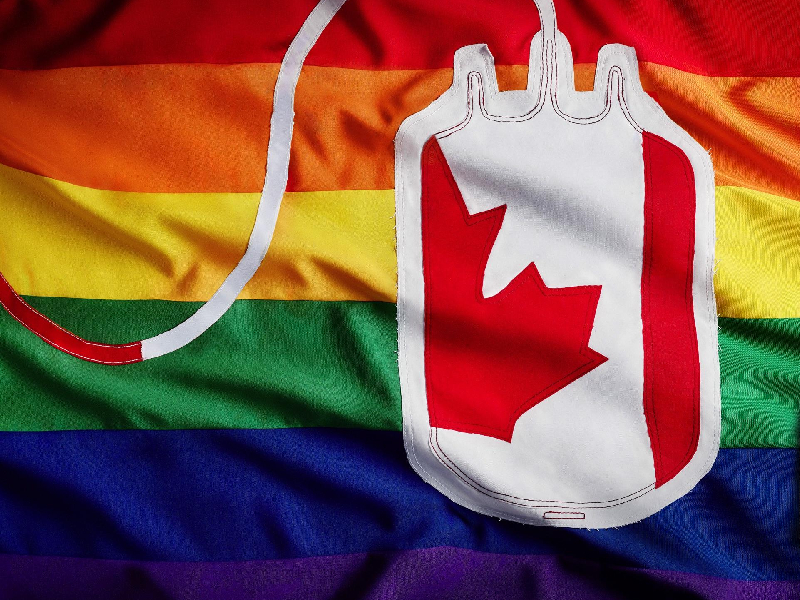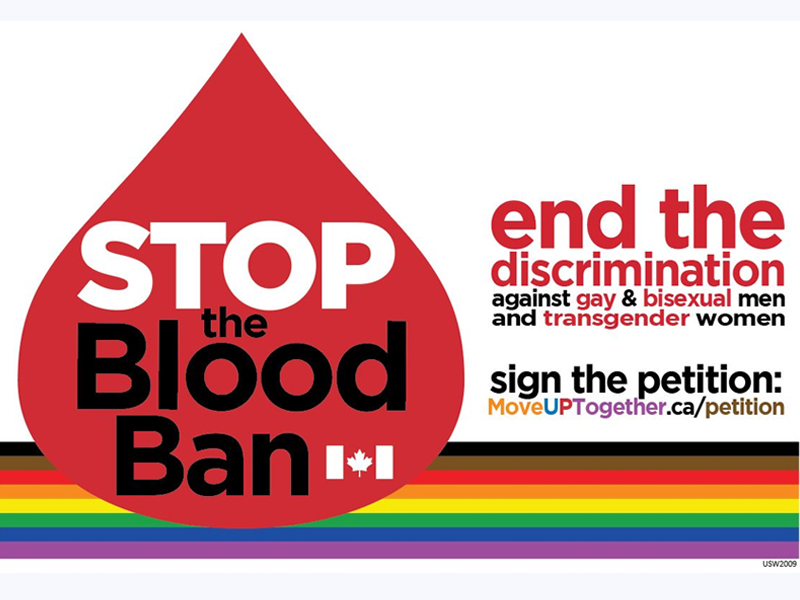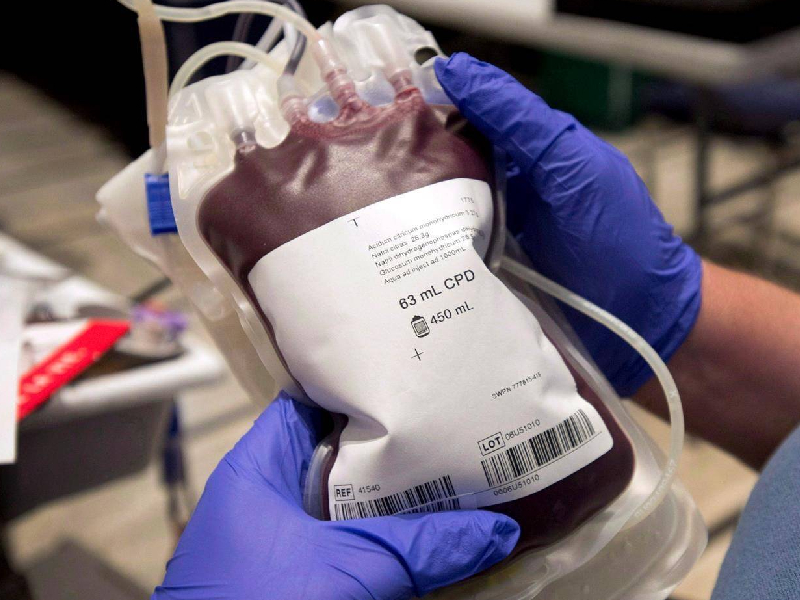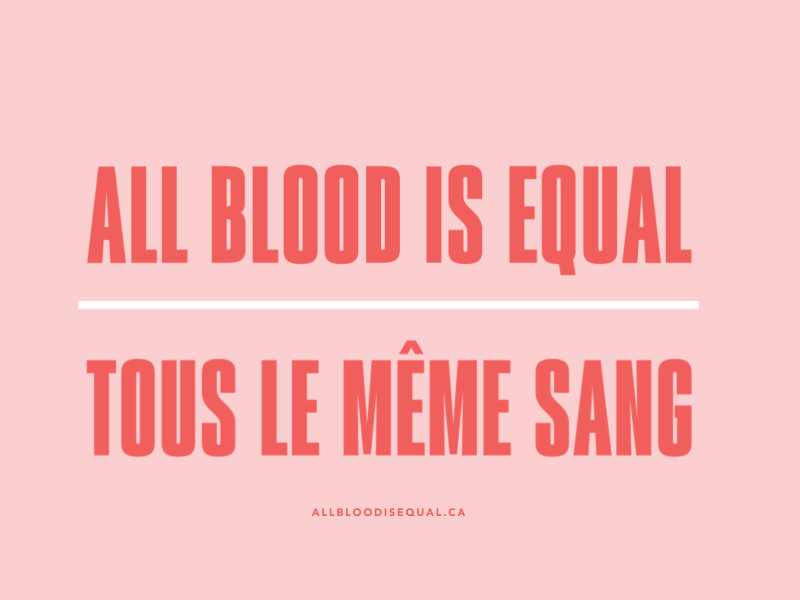|
By Claudia Cheung Canada has a three-month blood deferral policy for men who have sex with men (MSM). This blood ban policy is problematic because it discriminates against those who identify as two-spirit (2S), gay, bisexual and trans. Recently, VIBE 105 interviewed Kole Lawrence - Vice President External, TRU Students’ Union and Gunter Seifert - Executive Board member - MoveUp, on the blood deferral policy in Canada. “The history of discrimination against men who have sex with men (MSM) and trans women blood donors began back in the 1940s. It heavily discriminates against people of colour, specifically, towards the Black community. When the HIV and AIDS epidemic began in the 1980s, Canadian Red Cross and Canadian Blood Service began to discriminate against the LGBTQ+ community,” Seifert explains. “When the HIV and AIDS epidemic started, Canadian Red Cross did not know how to screen for it. We were powerless against it, and thus began the tainted blood scandal... Then the blood ban against marginalized and discriminated communities began,” says Seifert. “Back then, it was a lifetime ban against MSM and trans women, and then the policy changed from a lifetime ban to a five-year ban to a three-year ban to a one-year ban to now a three-months ban. No matter if it is a one-year ban or a three-month ban, they all have the same fundamental problem. The policy is banning certain people from donating blood just because of their sexual orientation or their gender identity,” describes Lawrence. “What we have in Canada is an identity-based model, which means if you are from this group, in this case, the queer community, you are not allow to donate blood because of your identity,” Lawrence explains. Would the blood ban put donors at risk? Seifert responds in the negative. “Every donation is screened, and an end to the blood ban would not affect the safety of the supply in any way, shape or form.” "The blood ban is harmful and transphobic against trans women. According to Canadian Blood Services, under the umbrella term of men who have sex with men, trans women who have not undergone gender reaffirming surgery are still considered part of this group. Their policy is fully reliant on the fact that a trans woman has either undergone gender-affirming surgery or not, which for obvious reasons is extremely problematic," according to Lawrence. "Canada Blood Services needs donations. To take millions of potential donors out of the equation is not only discriminatory, but it is also irresponsible to the rest of Canada. When someone needs blood to save their lives, they do not ask where the blood came from. They care about two things: one; that it is readily available to them and two; it's been screened, and it is safe," Seifert addressed. "Especially with COVID-19, there is a huge shortage of blood across many countries. Other countries that do not have this kind of blood ban allow more people to donate to the blood supply. Countries that allow more safe and responsible donors into the blood supply system, by definition, have more options," states Lawrence. Are there any alternative solutions to the blood ban? "Using behavioural-based lines of questioning allows Canadian Blood Services and Héma-Québec to screen for at-risk behaviour that will affect the blood supply. For example, 'are you practicing safe sex? Have you had multiple partners? Have you used intravenous? Have you shared needles?’” These questions do not promote discrimination, but they do assess at-risk behaviour. The eligibility to be a donor is not what you do and not who you are. Individualized risk assessment screening is the only practical method," responds Seifert. According to All Blood Is Equal and CBRC's 2018 Sex Now Survey, 92 percent of MSM said they would donate blood if Canada lifts the ban. Five more percent of Canada's population would be available to donate and help ease the blood shortage in the country. Share your thoughts on the blood ban on our social media @vibe105to |
Recent Posts
Categories
All
Archives
February 2022
|
|
GET THE APP!
Listen to VIBE 105 anywhere you go!
|
OUR STATION
|
TUNE IN RADIO
|
STAY CONNECTED
|
Copyright © 2021 Canadian Centre for Civic Media and Arts Development Inc. Except where otherwise noted, presentation of content on this site is protected by copyright law and redistribution without consent or written permission of the sponsor is strictly prohibited.






 RSS Feed
RSS Feed


